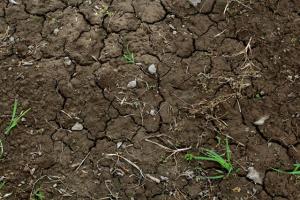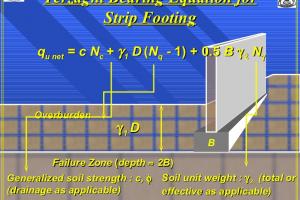Effects of Density and Moisture on Soil Behaviour

Effect of Moisture on Performance of Soil
Particles of fine grained soil are more influenced by variation in moisture content then by any other course. Soils that have ample supporting power under one set of moisture condition may be entirely unsatisfactory if the percentage of moisture change.
From study of soil it in observed that between the dry state and where moisture demand is satisfied the volume increases as:
| Sand | 2% |
| Silt | 16% |
| Clay | 160% |
| Colloids | 950% |
(i.e. more effect on fine grained soil)
The general properties of soil composed largely of course material are primarily controlled by the characteristics of the particles. But soil composed of clay & colloids the properties are primarily controlled. By moisture film (i.e. chemistry and surface charges of soil)
Atterberg's limits can be used to describe the different states of soil with varying degree of moisture
Effect of Density on the Behavior of soil
The density of a soil is its weight per unit volume.
It is sometime expressed as “Wet weight” or total weight including water. It is more commonly expressed as “dry weight” which in the weight of soil alone excluding the weight of the contained water.
As a particle of soil become denser, it will contain a greater number of particles and the (pore) volume remaining for air and water will be decreased. In the increased density and decreased moisture content physical of soil improve.
Strength in increased, consolidation under load and the rate of water movement through the soil and the changes under variation of moisture content all are decreased. Composed of sub grades and bases for high density to obtain above advantages is an accepted practice.












